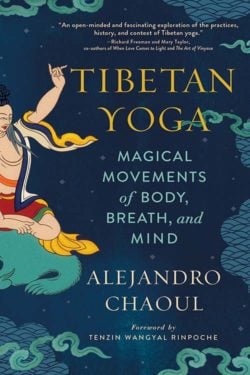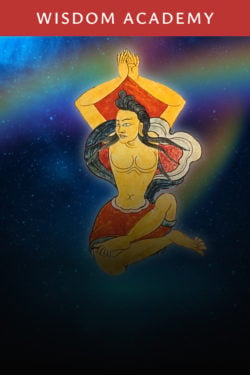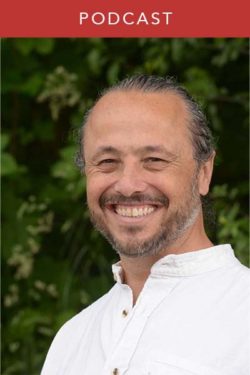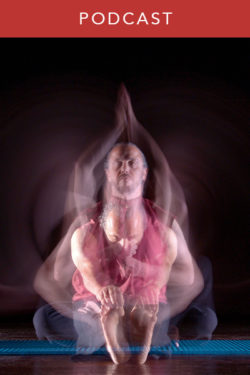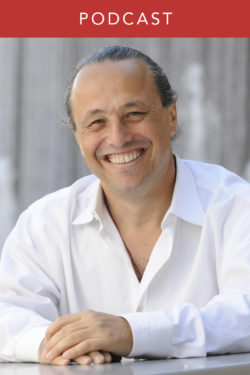Alejandro Chaoul
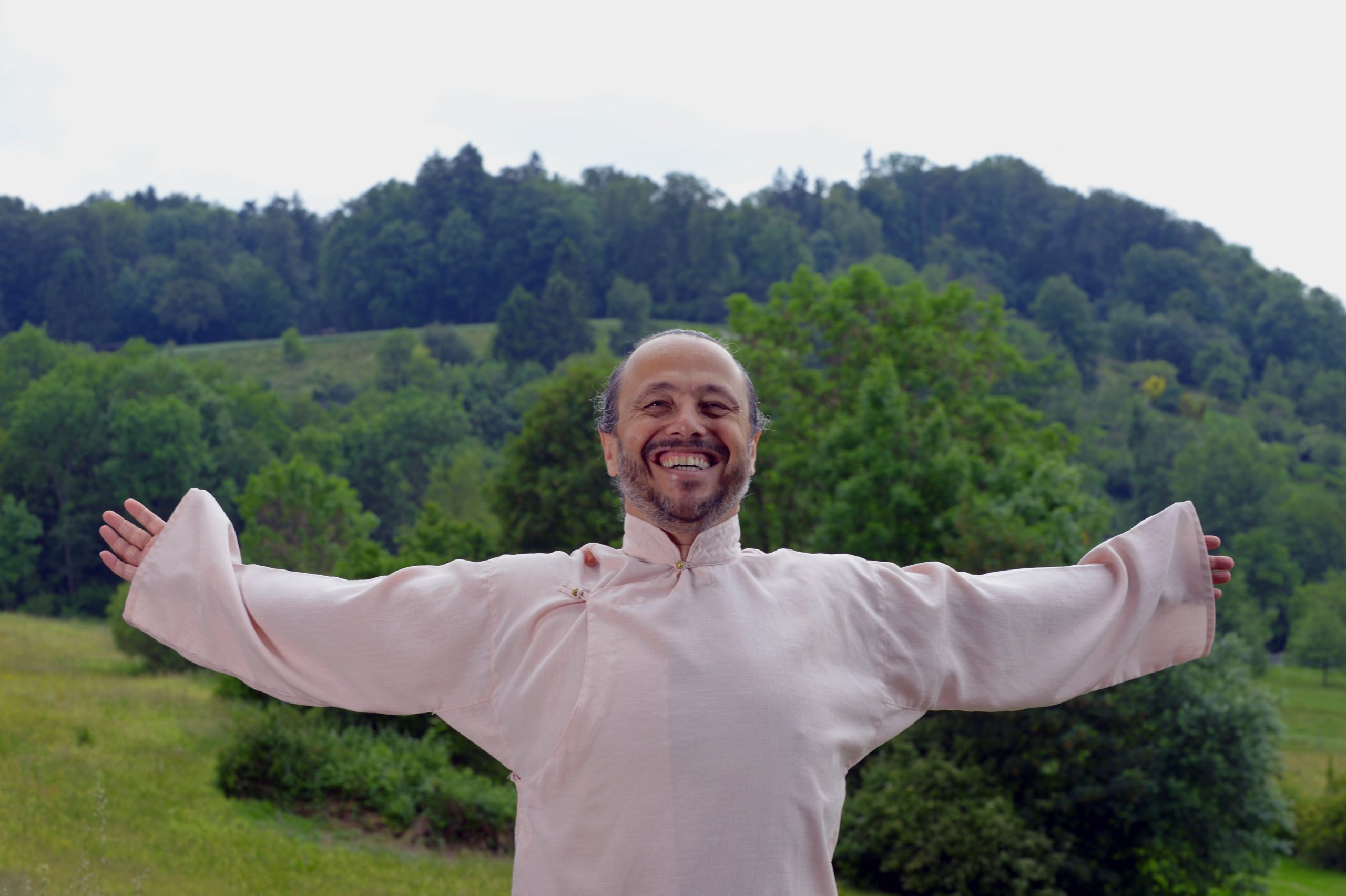
Dr. Ale Chaoul is the director of Tibetan Yoga Wellbeing, dedicated to educating individuals and communities about the ancient practice of Tibetan yoga and its transformative power to enhance physical, emotional, and spiritual well-being. He also serves as the scholar and founding director of the Jung Center’s Mind Body Spirit Institute (MBSI). Dr. Chaoul holds a doctoral degree in religious studies from Rice University. His dissertation focused on the application of Tibetan yogic practices in contemporary medical settings, with the advice of Tenzin Wangyal Rinpoche of Ligmincha International, Dr. Lorenzo Cohen of MD Anderson Cancer Center, and Dr. Anne Klein of Rice University. Additionally, he studied in Triten Norbutse with Yongdzin Tenzin Namdak and Khenpo Tenpa Yungdrung, and at Menri Monastery with H.H. Lungtok Tenpa Nyima and Ponlop Thinley Nyima.
He is an adjunct faculty at the Integrative Medicine Program at MD Anderson Cancer Center, where, since 1999, he has employed mind-body techniques to facilitate healing in cancer patients and their families, as well as to reduce stress and promote work-life balance among support staff. He is also an adjunct faculty member at The McGovern Center for Humanities and Ethics, where he teaches medical students in the areas of spirituality, complementary and integrative medicine, and end-of-life care.
Since 1995, he has taught Tibetan meditation and yogic practices under the auspices of Ligmincha International across the U.S.A., Latin America, and Europe.
His research and publications focus on mind-body practices in integrative care, examining how these practices can reduce chronic stress, anxiety, and sleep disorders, and improve quality of life. He is the author of Chod Practice in the Bon Tradition (Snow Lion, 2009), Tibetan Yoga for Health and Wellbeing (Hay House, 2018), and Tibetan Yoga: Magical Movements of Body, Breath, and Mind (Wisdom Publications, 2021). He has also published in the areas of religion and medicine, medical anthropology, and the interface of spirituality and healing.
Dr. Chaoul is an advisor for the Rothko Chapel and has been recognized as a Fellow at the Mind & Life Institute.
Books, Courses & Podcasts
Tibetan Yoga
Discover ancient Tibetan yogic practices that integrate body, breath, and mind on the journey to personal cultivation and enlightenment.
Tibetan Yoga offers accessible instructions for performing the ancient yogic techniques of Tibet’s Bön religion. This is Tibetan yoga, or trul khor, a deeply authentic yogic practice. Drawing on thirty years of training with Bön’s most senior masters as well as advanced academic study, Dr. Alejandro Chaoul offers expert guidance on practices that were first developed by Bön masters over a millennia ago, framing them according to the needs of contemporary yoga practitioners and meditators.
No matter their level of experience, dedicated practitioners of Tibetan yoga will discover their ability to clear away obstacles and give rise to meditative states of mind. In Tibetan Yoga, you’ll learn what it means to practice for the benefit of all beings and to experience your body as a mandala, from center to periphery. These movements help you live in a more interconnected mind-breath-body experience, with benefits including better focus, stress reduction, the elimination of intrusive thoughts, better sleep, and general well-being.
Save 20% on the Tibetan Yoga online course when you buy this book! Your discount code is at the end of the book.
Tibetan Yoga, Part 1
While yoga has been popularized in the West as a practice for physical health and well-being, the ancient practices of Tibetan yoga have often remained secretive.
Now, in this groundbreaking new Wisdom Academy course, Dr. Alejandro Chaoul explains the history of the trul khor, or magical movements, guides you through each yogic posture and movement, and teaches you to work with your body and breath to expand your meditation practice and cultivate well-being in your day-to-day life. Dr. Chaoul has spent the last thirty years studying, translating, and practicing the trul khor. Now with the blessing of contemporary masters—including the late His Holiness Lungtok Tenpai Nyima Rinpoche, His Eminence Yongdzin Lopon Tenzin Namdak Rinpoche, and Tenzin Wangyal Rinpoche—he is sharing these precious and rare teachings with you, in a format that allows them to be accessible to a modern audience.
Alejandro Chaoul on Body Buddhism (#135)
This episode of the Wisdom Podcast features an interview with Dr. Alejandro Chaoul, who has studied Tibetan yoga for thirty years with the tradition’s greatest masters, including Namkhai Norbu Rinpoche and Tenzin Wangyal Rinpoche. Dr. Chaoul and host Daniel Aitken explore
- Tsa Lung Trul Khor (“channel/wind obstacle-clearing techniques”) yoga practice and its place in Dzogchen meditation;
- the practice of “Body Buddhism,” integrating the body with the mind and breath;
- the benefits of purification practices like Tsa Lung Trul Khor and the subtle body;
- practices to help restore “dimmed awareness” to clarity;
- quick techniques that can be applied immediately in practice and daily life for balancing;
- his book with Wisdom, Tibetan Yoga: Magical Movements of Body, Breath, and Mind;
- and more.
 Remember to subscribe to the Wisdom Podcast for more great conversations on Buddhism, meditation, and mindfulness. And please give us a 5-star rating in Apple Podcasts if you enjoy our show—it’s a great support to us and it helps other people find the podcast. Thank you!
Remember to subscribe to the Wisdom Podcast for more great conversations on Buddhism, meditation, and mindfulness. And please give us a 5-star rating in Apple Podcasts if you enjoy our show—it’s a great support to us and it helps other people find the podcast. Thank you!
Alejandro Chaoul: Body, Breath, and Mind in Tibetan Yoga (#99)
In this episode of the Wisdom Podcast, host Daniel Aitken speaks with author, teacher, and researcher Dr. Alejandro Chaoul. Alejandro has been teaching meditation and Tibetan yoga (tsa lung and trul khor) workshops under the Ligmincha Institute since 1995 and recently released Tibetan Yoga, a Wisdom Academy online course. During this episode, which was recorded as part of our live Wisdom Dharma Chats program, Alejandro discusses the history of Tibetan yoga and its relationship to yoga in the Indian traditions; the foundational triad of body, breath, and mind within the practice; and what makes Tibetan yoga unique. He delves into the benefits of practicing Tibetan yoga, including how the postures are meant to support and enhance meditative states and aid with both dullness and excitation in meditation, and how holding one’s breath is a way of holding one’s mind. He shares how he is researching the ongoing effects and benefits of these techniques in cancer patients and how they can help everyone cultivate genuine well-being, as each movement offers you an opportunity to “wake up.”

